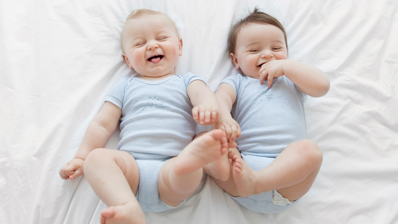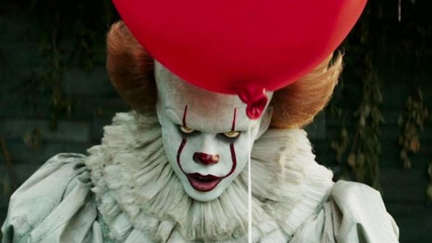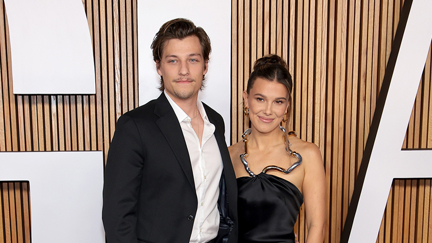Apparently babies prefer the babble of other infants over the voices of their parents
- Publish date
- Friday, 11 May 2018, 7:30AM

Not listening to mum and dad is a trait developed at an early age according to scientists.
Babies prefer to listen to the babbling of fellow infants than the voices of their own parents, a new study has found, the Daily Mail reports.
The vowel-like sounds, such as the classic 'Ba ba ba', resonated 40 per cent more with babies and researchers suggest it makes young children chattier.
This helps babies to build their own language skills and to better understand speech.
Researchers at McGill University in Canada studied how babies develop their understanding of spoken language.
They found that at even at the pre-babbling stage - before they can form sounds resembling syllables such as 'ba ba ba' - babies recognise vowel-like sounds, but they tend to dwell on these sounds when from the mouths of other infants.
The babies recognise the sounds from adults, but dwell on these sounds for longer when they have been made by other babies.
Study lead author Professor Linda Polka said: 'Access to infant speech, likely including a baby's own vocalisations, seems to have a broad and significant impact, influencing receptive, expressive and motivational aspects of speech development.'
The work tested how babies respond to vowel sounds produced by different talkers.
They gave the children a button with which they could mute sounds.
What the researchers saw was that babies ended up listening to infant voices 40 per cent longer than adults.
They found even a mother's best imitation of babies' high pitched vowel sounds could not compete with other infants.
That doesn't mean parents should give up oohing and ahhing in high voices as it is still well received by their progeny.
But Professor Polka said infants' voices may motivate babies to be more chatty 'perhaps energising and supporting spoken language development'.
The findings are due to be presented at the Annual Meeting of the Acoustical Society of America in Minneapolis this week.
HOW IMPORTANT IS BABY BABBLE?
Take your Radio, Podcasts and Music with you




